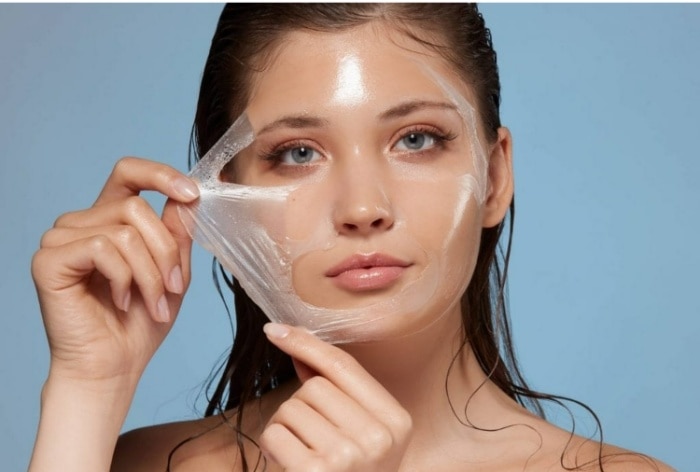Chemical Peels: The Truth About Their Effectiveness for Treating Acne
In the world of skincare, chemical peels have become a popular solution for various skin concerns, including acne. These peels, whether performed by a dermatologist or as a DIY treatment, are non-invasive methods of improving skin appearance. However, it’s important to understand both the benefits and drawbacks of chemical peels before deciding if they are right for you.
Chemical peels, also known as dermabrasion, involve removing the outer layer of skin to reduce wrinkles, acne scars, and uneven pigmentation. There are different types of peels available, with glycolic acid being the most commonly used and least intense option. Other options include salicylic acid, trichloroacetic acid, and retinol peels. For those with sensitive skin, chemical peels designed for acne treatment offer a gentler approach compared to other peels.
If you are interested in the advantages of chemical peels for treating acne or improving skin tone, it’s best to consult with a dermatologist. A medical professional can provide guidance on managing acne and suggest the most suitable type of chemical peel for your specific needs. After a chemical peel procedure, it’s important to incorporate moisturizing lotion and sunblock into your skincare routine to protect your newly exposed skin from dryness and UV rays.
Chemical peels are often seen as a cost-effective alternative to cosmetic surgery. The price of a chemical peel treatment varies depending on factors like location and the type of treatment chosen.
Different types of chemical peels cater to various skin types and concerns. Light peels effectively address issues like pigmentation, dryness, acne, and fine wrinkles. Medium peels target deeper layers of the skin and are beneficial for managing wrinkles, age spots, and acne scars. Deep peels, also known as intense peels, remove all layers of the skin and are typically reserved for severe acne scarring when other treatments have failed.
Like any skincare treatment, chemical peels come with risks and side effects. The peel may cause redness, swelling, or scabs, which can last for up to a week depending on the depth of the peel. Deeper peels may also result in peeling or blistering on the face. Chemical peels can increase sensitivity to the sun, so it’s crucial to protect your skin and avoid excessive sun exposure after the treatment.
It’s important to have chemical peels performed by a skilled expert to ensure safety and effectiveness. Don’t rely on rumors or misinformation about chemical peels; instead, consult with a doctor to get accurate information.
To stay updated on the latest skincare information, consider subscribing to our newsletter. Subscribe now to ensure you don’t miss out!

